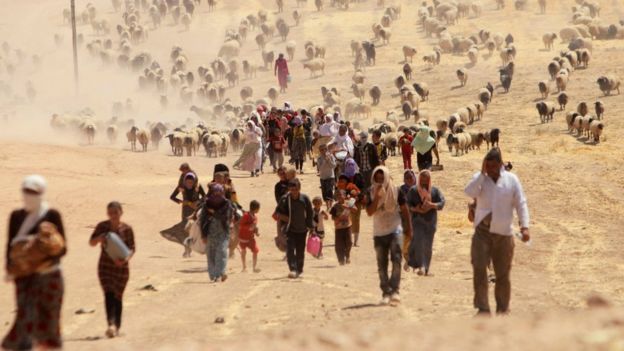 This (slightly subedited) was first published at the New Arab/ al-araby al-jadeed.
This (slightly subedited) was first published at the New Arab/ al-araby al-jadeed.
I’ve just finished “HHhH”, an excellent ‘non-fiction novel’ by the French writer Laurent Binet. It tells the true story of Operation Anthropoid, the assassination of top Nazi official Reinhard Heydrich co-ordinated by the Czechoslovak resistance and the British government.
In the Nazi surveillance agency, the SS, Heydrich was second in command only to Heinrich Himmler (or perhaps he was even more important than his boss – “HHhH” is the German acronym for ‘Himmler’s Brain is Called Heydrich’). He was the highest official in Nazi-occupied Czechoslovakia, and the chief architect of the ‘final solution’ for Europe’s Jews – the Holocaust.
The larger background to the drama of the assassination is Britain and France’s betrayal of Czechoslovakia, the final layer in these states’ disastrous appeasement of Hitler in the 1930s.
Germany had been defeated in World War One. The post-war settlement forced Germany to pay enormous reparations to the victors. This national humiliation was immediately followed by economic collapse and social disorder. Hitler emerged from this context, a strong leader promising to restore German order and pride, identifying enemies domestic and foreign, and lamenting the scattering of the German people across various borders.
 This review was
This review was 